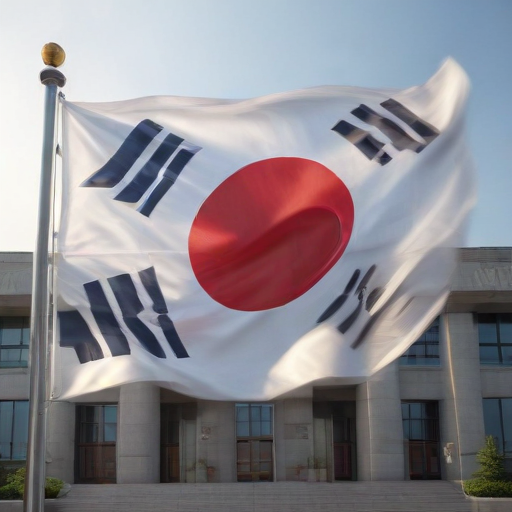In a shocking turn of events, South Korean President Yoon Suk Yeol declared martial law late Tuesday, marking the first instance of such a drastic measure in nearly 50 years. His announcement followed accusations against “anti-state forces” and threats from North Korea, but it soon became apparent that the declaration was largely a response to his escalating political difficulties.
The president portrayed himself as a leader under siege, citing political opposition aimed at destabilizing his government. His martial law decree enforced military control over the National Assembly and limited civil rights by banning protests and restricting media operations. However, lawmakers and citizens quickly mobilized in opposition to this unprecedented move. Protesters gathered outside parliament, voicing their discontent with chants against martial law and calls to stand against dictatorship.
Despite the military’s intimidating presence, tensions remained non-violent, allowing lawmakers to navigate past barricades to vote against the martial law declaration. By early Wednesday morning, South Korea’s parliament, with nearly two-thirds of its members present, decisively ruled Yoon’s action as invalid. This decisive parliamentary vote reflects the strength and resilience of South Korea’s democratic institutions, illustrating that even in moments of crisis, checks and balances can prevail.
Martial law, a temporary ruling by military authorities during emergencies, last occurred in 1979 when a military dictator was assassinated. Yoon’s tough stance against the opposition and North Korea aligns with his political persona; however, his leadership is under scrutiny due to dropping approval ratings, currently around 17%, and a series of corruption scandals.
As Yoon grapples with a polarized political landscape, lawmakers are considering impeachment for what they have termed his “insurrectionary behavior.” This turbulent situation invites them to confront their own political futures amid mounting pressure.
While this crisis may appear daunting, it serves as a powerful reminder of the vitality of democracy in South Korea. The swift response from lawmakers and citizens showcases their commitment to uphold democratic ideals, even in the face of authoritarian tendencies. The recent events will likely galvanize a more engaged citizenry and remind leaders of the ever-watchful eyes of the public.
In the wake of these tensions, South Korea has the opportunity to emerge stronger, reaffirming its dedication to democratic governance and civil liberties. The current political climate may inspire further reforms and encourage active participation among its citizens, fostering a hopeful future for the nation’s democracy.
